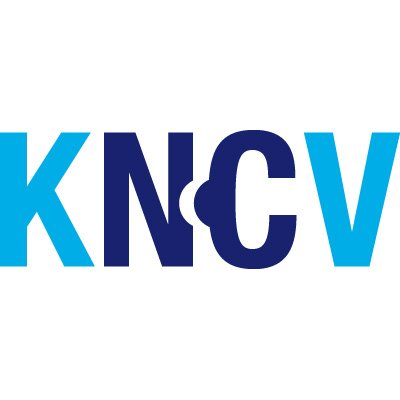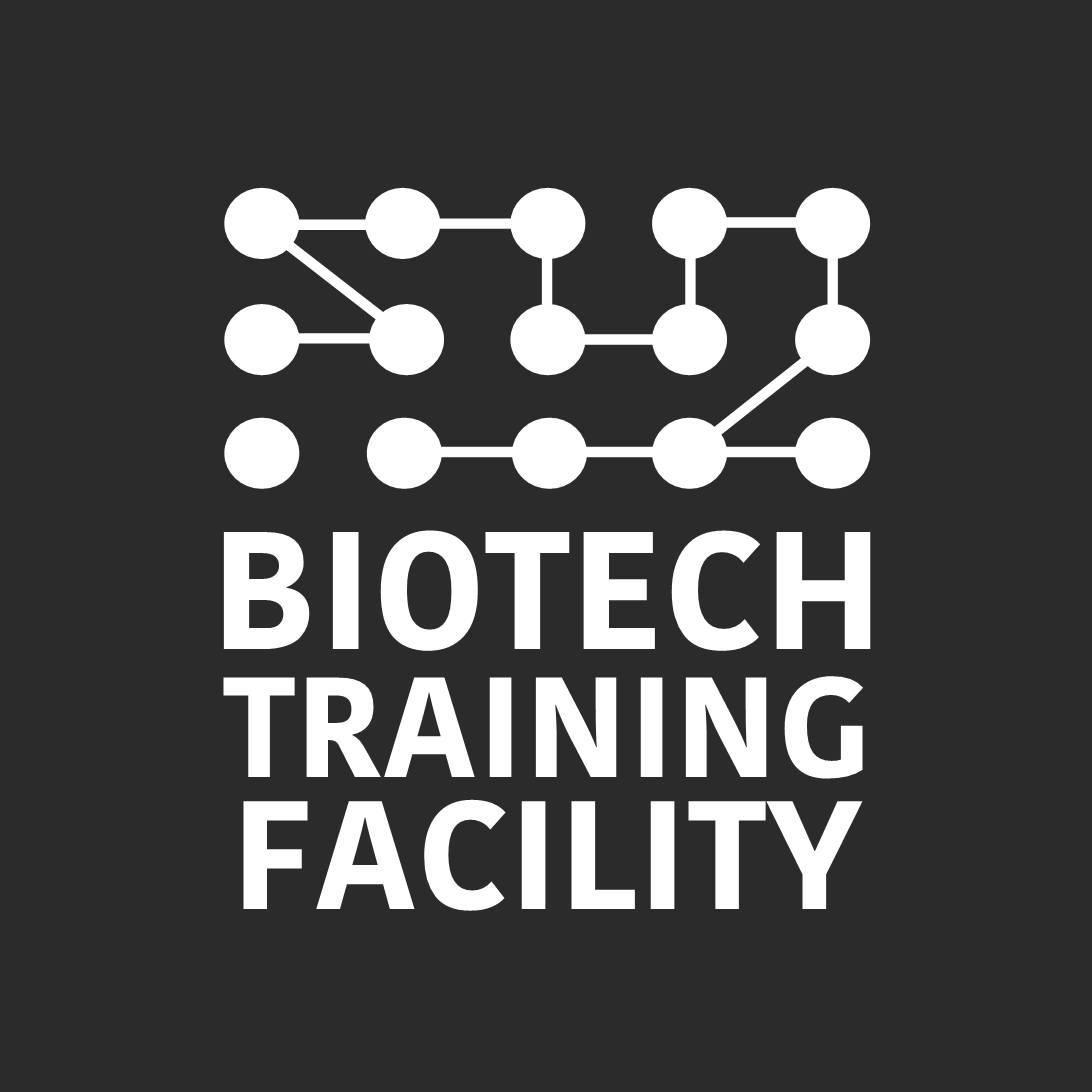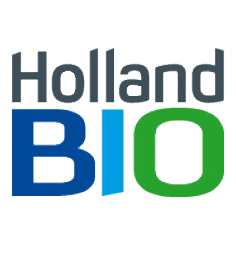Stem cell cultivation in single-use stirred tank bioreactors
 |
Brenda Juarez Garza, PhD candidate - Delft University of Technology (TU Delft) |
Blood transfusion is currently the most common cell therapy applied worldwide used to treat various medical purposes. One of the purposes is the treatment of severe anemias, as these diseases can only be treated with blood transfusions and stem cell transplantations.
However, these therapies come with risks involved due to donor-derived transfusion products [1]. An attractive therapy that could overcome these risks is in vitro-produced red blood cells (RBCs) or the corresponding stem cells, namely hematopoietic stem cells (HSCs) [2].
The TRACER consortium (Treating hereditary anemias through stem cell research) aims to apply induced pluripotent stem cells (iPSCs) to study the mechanisms involved in congenital anemias, and to produce mature RBCs. However, these cells are mostly produced via multiple differentiation steps using static adherent protocols which hinders scalability towards clinically relevant volumes. Transferring the differentiation protocol of RBCs from iPSCs to bioreactors will improve reproducibility and facilitate upscaling towards the desired volumes, as mini-transfusions (1011 RBC, required in phase I trial) could be generated with 3 to 4 L bioreactors.
Gallego-Murillo et al. (2022) demonstrated the feasibility of upscaling the erythroblast expansion from peripheral blood mononuclear cells (PBMCs). The cell yields of a 0.5-L and 3-L stirred tank glass and single-use bioreactors showed no significant difference compared to static cultures [3]. Based on these promising results, the differentiation protocol of RBCs from iPSCs will be scale-up into a 0.25-L glass bioreactor and 0.5-L single-use bioreactor. The culture of iPSC cells in single-use bioreactors not only opens the possibility of an unlimited cell source for massive production of in vitro RBCs but also an adequate transition to GMP production.
References
[1] Hansen, M., et al. (2019). Human-induced pluripotent stem cell-derived blood products: state of the art and future directions. FEBS Letters, 593(23), 3288–3303. https://doi.org/10.1002/1873-3468.13599
[2] Wilkinson, A. C., et al. (2019). Long-term ex vivo haematopoietic-stem-cell expansion allows nonconditioned transplantation. Nature, 571(7763), 117–121. https://doi.org/10.1038/s41586-019-1244-x
[3] Gallego‐Murillo, J. S., et al. (2022). Expansion and differentiation of ex vivo cultured erythroblasts in scalable stirred bioreactors. Biotechnology and Bioengineering, 119, 3096–3116. https://doi.org/10.1002/bit.28193
Go to all speakers Read more news Go to the program
Single Use Event 2023
 Registration website for Single Use Event 2023
Registration website for Single Use Event 2023Alea Publishersevents@single-use.nu
Alea Publishersevents@single-use.nuhttps://www.single-use.nu/141078
2023-09-12
2023-09-12
OfflineEventAttendanceMode
EventScheduled
Single Use Event 2023Single Use Event 20230.00EUROnlineOnly2019-01-01T00:00:00Z
CORPUSCORPUSWillem Einthovenstraat 1 2342BH Oegstgeest Netherlands





